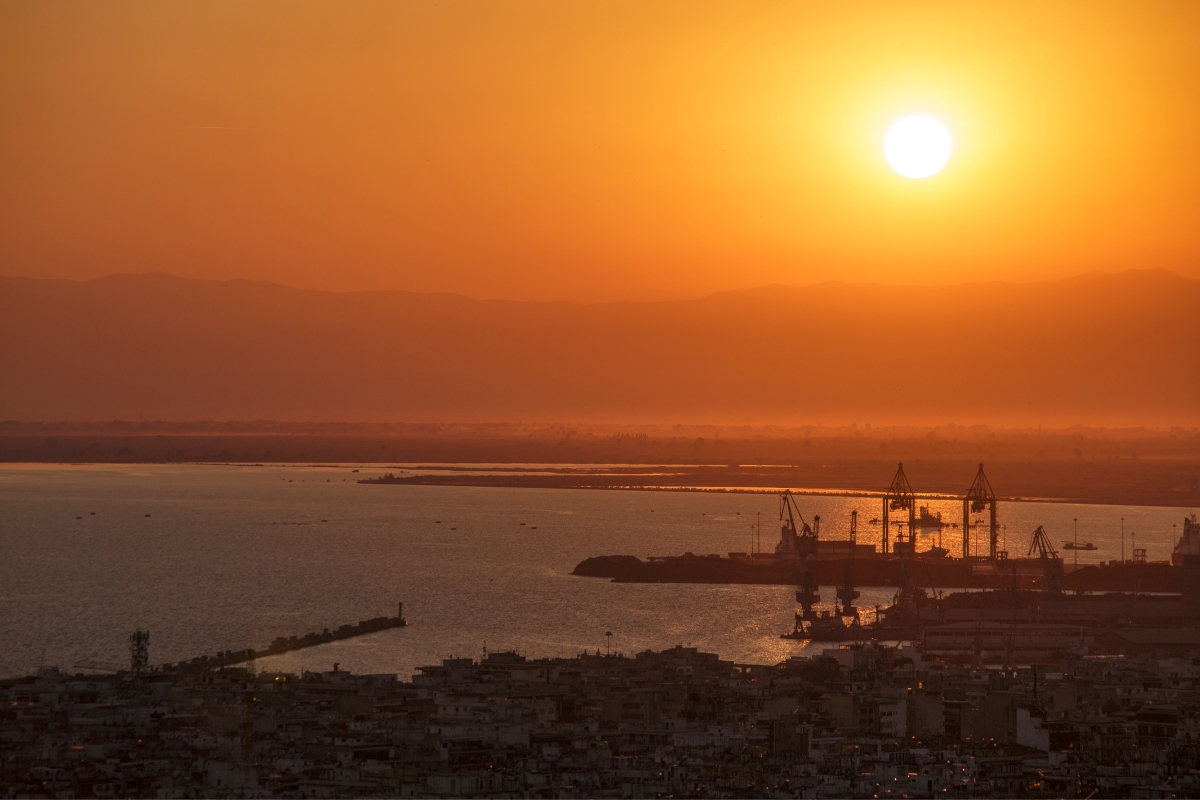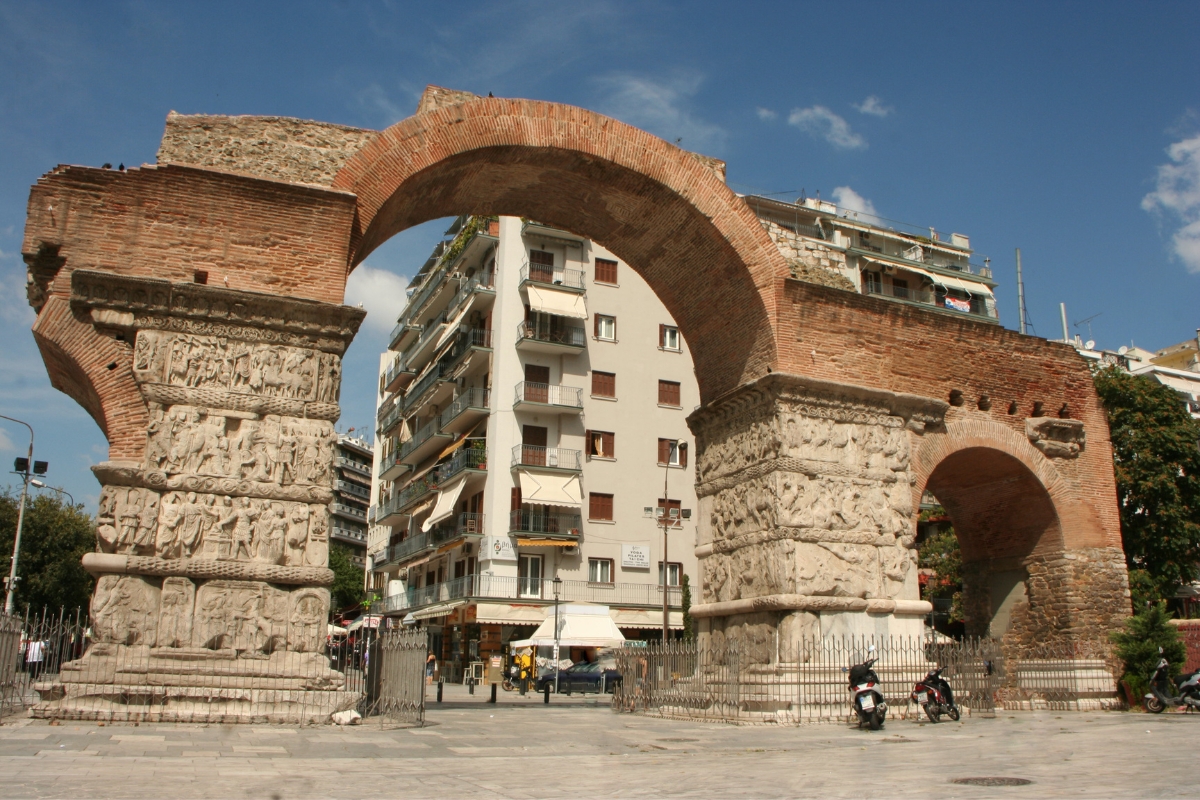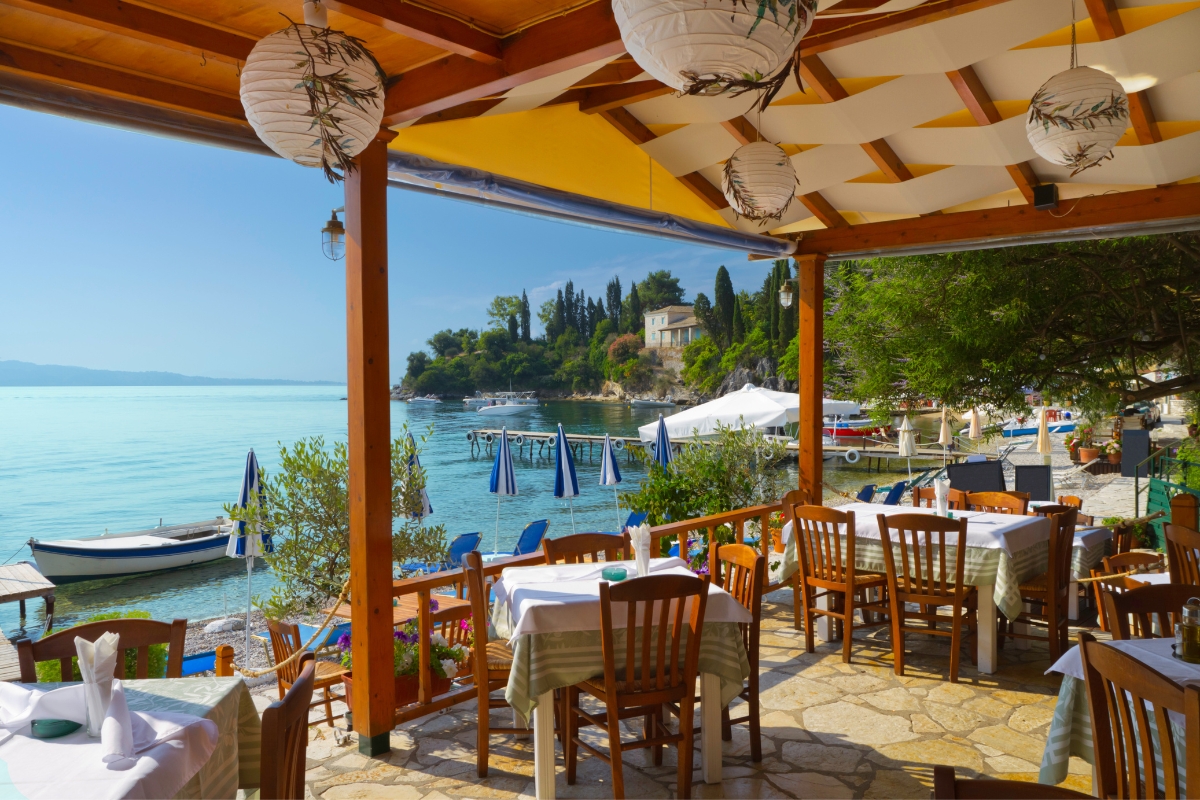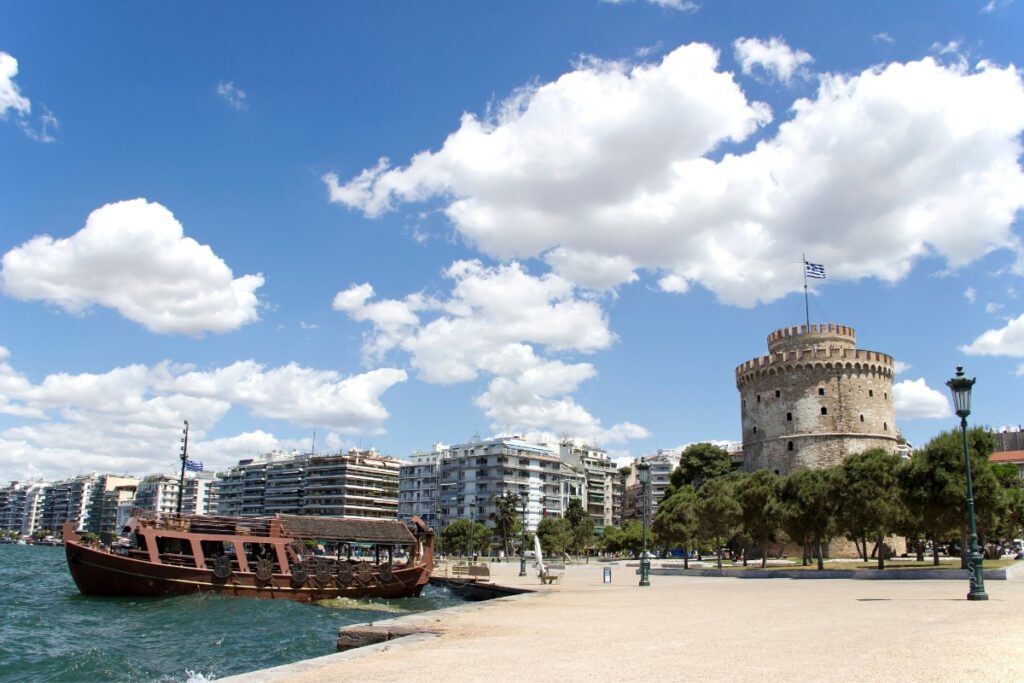For over 2,300 years, Thessaloniki has been a crossroads of peoples, cultures, historical references and events, trade and development.
It is a city that knows how to turn every difficulty into an opportunity and every challenge into a competitive advantage.

The pivotal importance of the capital of Macedonia in terms of its geographical position, infrastructure and climate, forms a modern and competitive profile in the wider region of South-Eastern Europe.
Thessaloniki is the center of a great Region- a national champion in the primary sector, in the export of agricultural products and food, as it produces a quarter of the Greek agricultural GDP, while it also is a major player in the national road transport activity.
The city plays a decisive role not only because of its significant position within the country’s development potential, but also due to its major contribution to the development of the whole Balkan peninsula and South-Eastern Europe.

The dynamics of Thessaloniki reinforces Greece’s great openness to the Balkans, as the country has emerged from the multi-year economic crisis and is taking important steps towards recovery, as well as steps to regain its leading role in this region.
Shaping the future
In the coming years, infrastructure ecosystem in Thessaloniki and in Northern Greece is expected to grow more and more, leading to the expansion of the region’s interconnections with neighboring countries, and also to the improvement of road and rail network and the development of production capacity in ports and airports.

Certain initiatives are expected to upgrade the economic, but also the geopolitical role of the wider region. The port of Thessaloniki, a “protagonist” of combined transport and logistics is expanding with new investments with the aim of becoming a competitive transit center.
The road axes and railway connections, which surround Thessaloniki, create conditions for the implementation of new investments in logistics, in order for the region to be an export hub.
At the same time, large multinational companies have already invested in Thessaloniki, taking advantage of the highly qualified human resources, while the collaboration of innovative companies and the leading Higher Education Institutions of the city have laid the foundations for the expansion of cooperation between research and production.

Dimitrios Diamantidis, journalist

